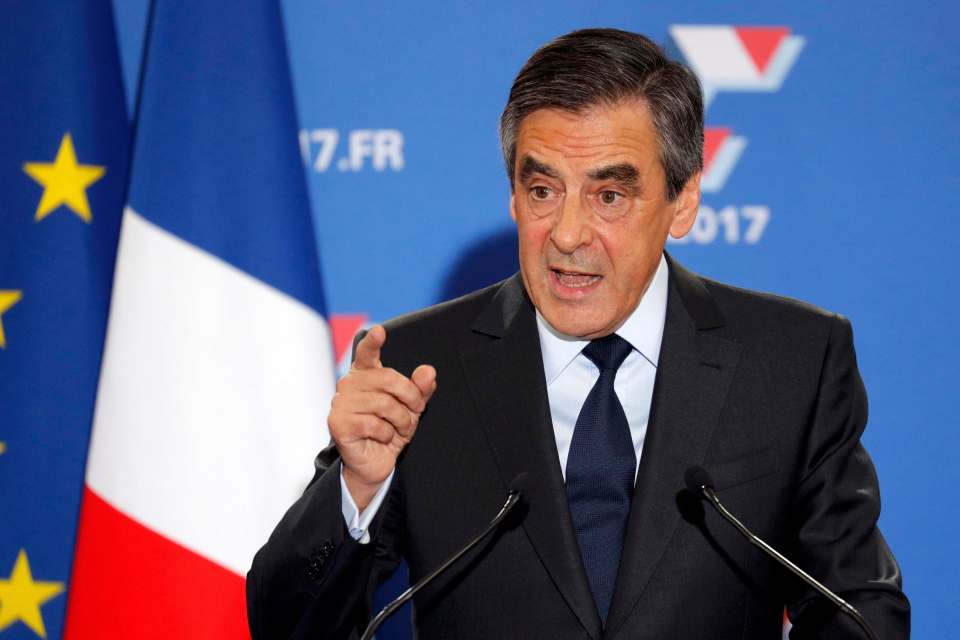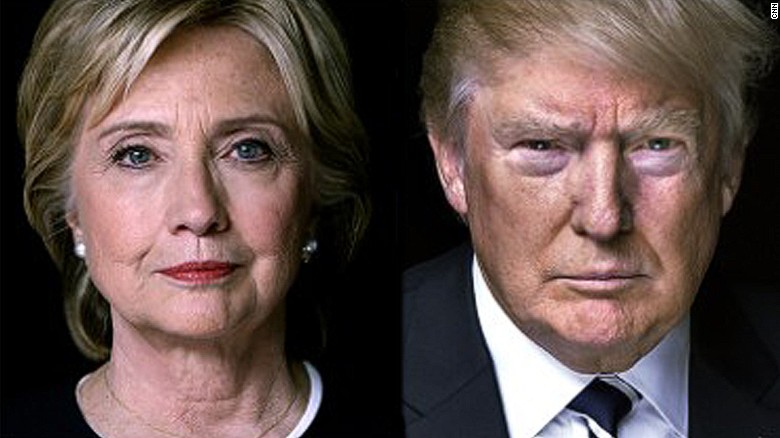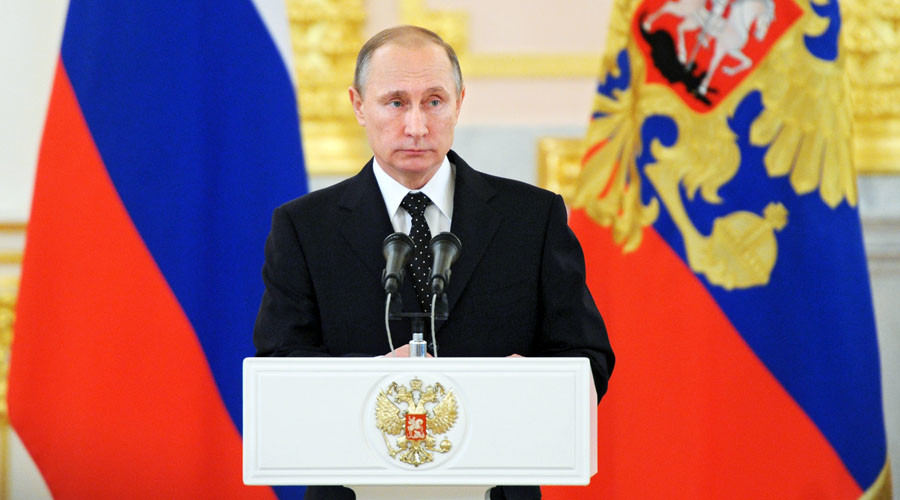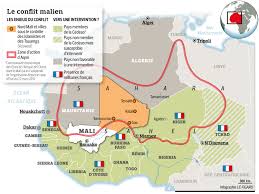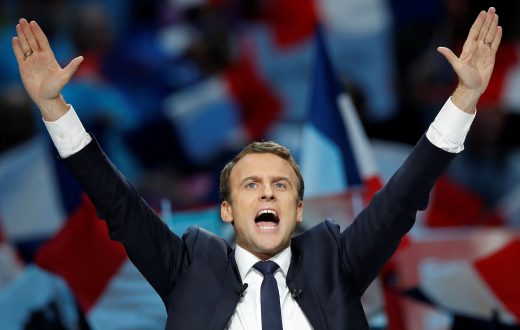It is difficult at this point to see how François Fillon can lose the French presidential election next spring. By Darelle Delamaide (Market Watch)
He is the right man at the right time with the right message for a France shaken by terrorism, immigration, and an ebbing confidence in the “European project.”
The 62-year-old former prime minister — who won the nomination of the center-right Republicans in November’s primary in a stunning upset over two other candidates who led him in the polls until the last minute — is the furthest thing from a “change agent” you could imagine.
Fillon’s late surge in the primary campaign appears to mark a momentum shift in France. He is leading every poll to win the first round of presidential voting in a field of more than a dozen candidates. And polls have him beating National Front leader Marine Le Pen by a margin of 2 to 1 in the second-round runoff vote she has been thought sure to qualify for.
First elected to the national Parliament in 1981 at age 27, Fillon has occupied a succession of ministerial posts besides serving for five years as prime minister for President Nicolas Sarkozy — one of the candidates he bested in last month’s primary.
Dour and colorless for most of his career, Fillon is coming into his own as a reassuring figure for French voters alarmed at the crises besetting Europe. He has the gravitas and dignity so lacking in the flashy Sarkozy and the feckless François Hollande, the current president.
Fillon is comfortingly bourgeois in the most traditional manner for those worried about the quality of life in France. He is expressly Gaullist for those yearning for the mystically nationalist quality of Charles de Gaulle, the World War II savior of France who founded and headed the country’s Fifth Republic.
But most of all he is unabashedly Catholic in a country where a preponderant majority of native French are baptized into the church, and this at a time when French society seems to be returning to its Catholic roots to shore up a national identity under siege.
In fact, with his overtly nationalistic appeal, Fillon has already drawn many voters from Le Pen who still are not comfortable with the anti-Semitic and xenophobic past of the National Front and its founder, Jean-Marie Le Pen, despite his daughter’s efforts to soften the party’s image.
Likewise, since Britain’s vote to leave the European Union, sentiment for that radical a break from the past several decades has dampened.
As a result, Marine Le Pen’s poll numbers have declined from the 30% level in November, before Fillon’s primary victory, to about the 25% level.
It may be that Fillon’s surge shows how fluid the situation in French politics is after the disastrous presidency of Hollande and the virtual collapse of his Socialist Party. It is conceivable that Fillon’s support could evaporate as quickly as it developed.
But his rise seems more like an epiphany than a flash in the pan. French voters seem to feel this is just the president they need at the moment, even though they didn’t realize it a few weeks ago.
The populist wave that seemed to gain momentum from Donald Trump’s victory in the U.S., and which Le Pen has been counting on to carry her to victory, may have crested. Now some are beginning to question whether she will even make it into the second round of voting.
The Socialist Party is holding its primary this month and former Prime Minister Manuel Valls, the likely winner, may be able to lift his poll numbers out of the very low double digits once he consolidates the party behind him.
For the moment, however, renegade Socialist Emmanuel Macron, a former investment banker who was in Hollande’s cabinet, and former Socialist Jean-Luc Mélenchon, who co-founded the Left Party in 2008, are both polling higher than Valls and are likely to keep the vote on the left divided.
Up until now, the only polling for the second round has been Le Pen versus the various other possibilities. Perhaps if she continues to lose ground, we will get some sense of how a Macron-Fillon runoff would fare, or even a Valls-Fillon.
The prospect of a Fillon victory could be stabilizing for Europe and the euroEURUSD, -0.2357% . Though he talks of nationalism, Fillon has been part of a political elite that is firmly committed to the EU and he couches his current stance as seeking reform.
Fillon is more sympathetic to Russia and Vladimir Putin than some of the European hawks, but that puts him in sync with the reality Europe faces under a President Donald Trump.
Even Fillon’s pledge to liberalize the French economy and reduce the role of government may prove acceptable to voters who grudgingly acknowledge that one way or the other the “French model” must change. At least Fillon will have that comforting aura of traditionalism as he makes the changes.
This momentum shift in France may be confined to a country that has always tended to go its own way and appears ready to do so again. Or it may herald a more sober approach among European voters in general in a year that several countries face national elections.
This article was taken from MarketWatch and written by DARRELL DELAMAIDE , POLITICS COLUMNIST

